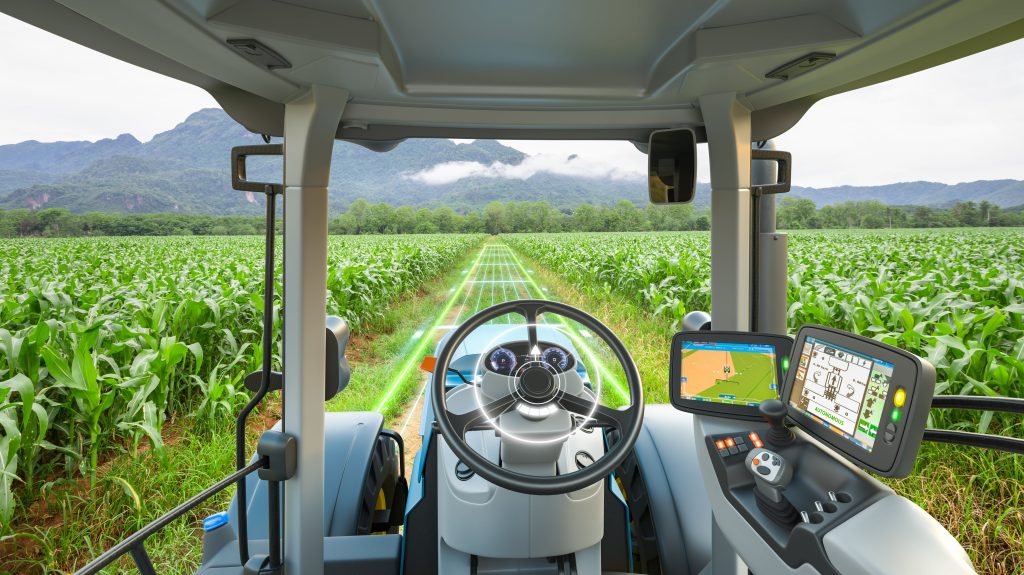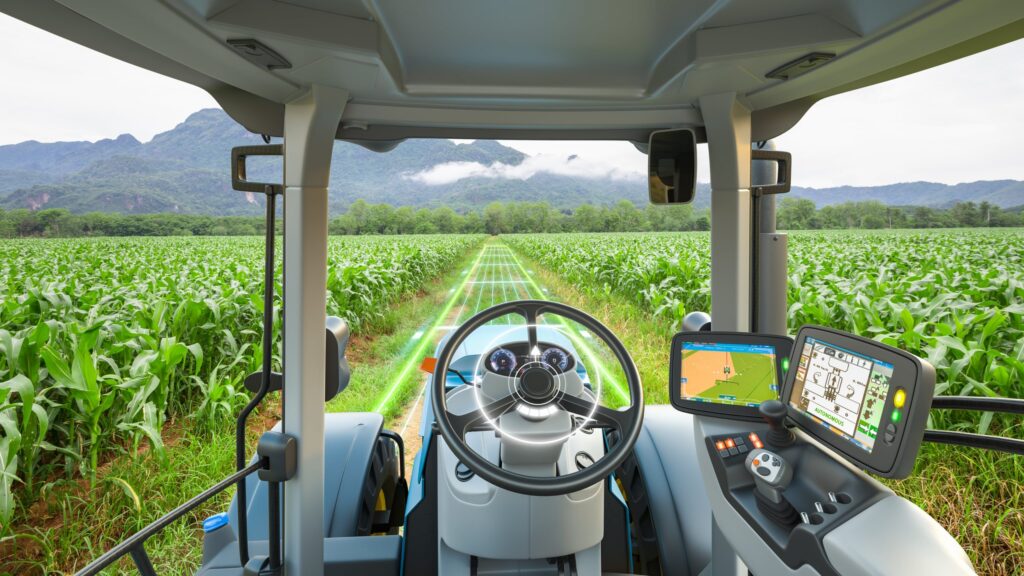The Intersection of Technology and Sustainable Agriculture.

In a world where technology is taking the lead and agriculture is being overlooked, intertwining technology and agriculture can lead to amazing advancements in farming practices.
By integrating tech tools like drones, sensors, and data analytics into agriculture, farmers can revolutionise how they manage their crops and resources.
This in turn offers numerous benefits for farmers in Nigeria, contributing significantly to the nation’s economy.
• Increased Agricultural Productivity and Efficiency:
Technological advancements enable farmers to maximise crop yields and reduce waste. Precision farming techniques, such as use of GPS-guided equipment, drones for monitoring crop health, and IoT devices for soil moisture and nutrient level assessments, allow for more efficient use of resources. This leads to higher productivity, helping to meet the growing food demand and enhancing food security in Nigeria.
• Enhanced Market Access and Price Optimization:
Digital platforms connect farmers directly with buyers, reducing the reliance on middlemen who often exploit farmers. E-commerce and mobile applications provide access to broader markets, both locally and internationally, ensuring better prices for produce. This direct market access also allows farmers to stay informed about market trends and prices, empowering them to make better selling decisions and optimise profits.
• Improved Resource Management and Sustainability:
Technology enables better management of natural resources, ensuring sustainable farming practices. Smart irrigation systems, weather forecasting tools, and data analytics help in efficient water usage and in making informed decisions about planting and harvesting times. Sustainable practices not only preserve the environment but also ensure long-term agricultural productivity, benefiting the economy and the ecosystem.
• Reduction of Post-Harvest Losses
Post-harvest losses are a significant issue in Nigeria, often due to inadequate storage and transportation infrastructure. Technological solutions such as solar-powered cold storage units and real-time monitoring of storage conditions can drastically reduce these losses. By preserving more of the harvested crops, farmers can increase their revenue and contribute more to the national food supply, thus supporting economic stability and growth.
• Access to Financial Services and Investment Opportunities:
Digital platforms and fintech solutions provide farmers with access to credit, insurance, and other financial services that were previously out of reach. Mobile banking and blockchain technology facilitate secure transactions and transparent supply chain management. Access to financial resources allows farmers to invest in better equipment, seeds, and fertilisers, leading to increased productivity and income. Furthermore, attractive investment opportunities in the agricultural sector can draw both local and international investors, boosting the economy.
The integration of technology in farming in Nigeria has potential of driving economic growth through enhanced productivity, improved market access, sustainable resource management, reduced losses, and better financial inclusion. Embracing tech-driven agriculture is a crucial step towards a resilient and prosperous agricultural sector in Nigeria, positioning it as a key player in the global food supply chain.

